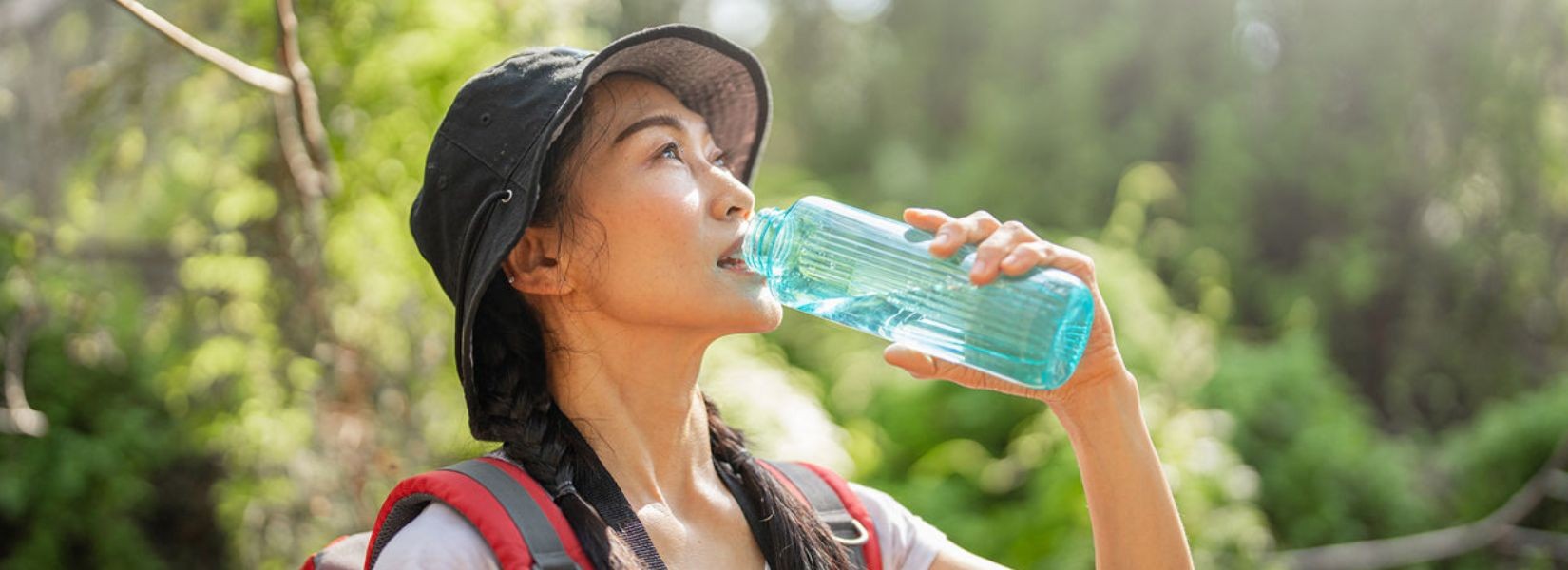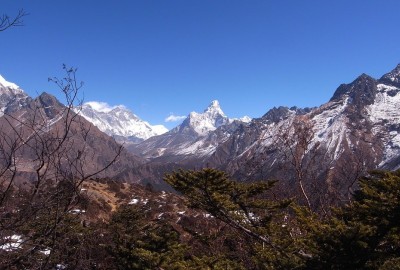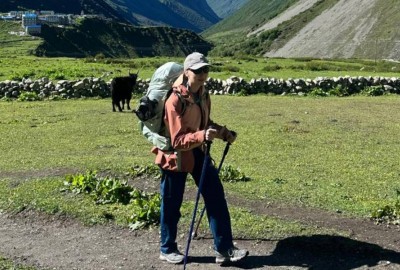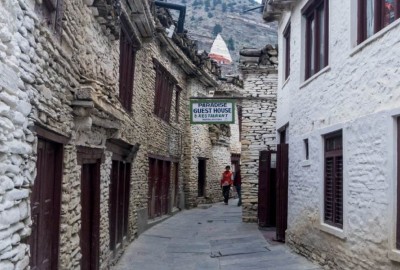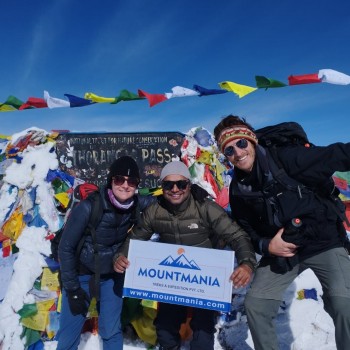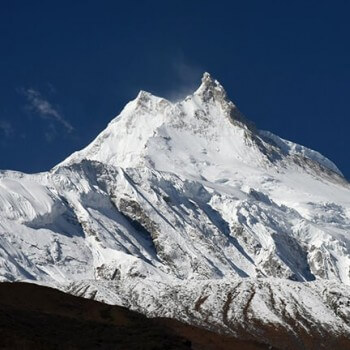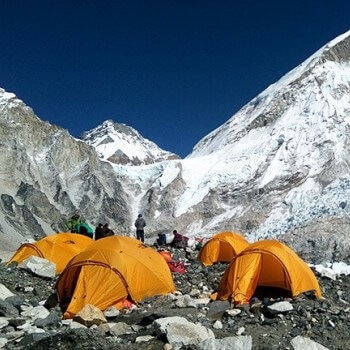Nepal, with its majestic peaks and breathtaking landscapes, offers some of the world's most mesmerizing trekking experiences. However, amidst the awe-inspiring beauty, there lies a challenge that every trekker must face: ensuring access to clean drinking water. Proper hydration is crucial for a successful trek, but contaminated water sources can pose significant health risks. In this guide, we'll explore how to drink clean water while trekking in Nepal, ensuring you stay healthy and hydrated throughout your journey.
Table of Contents
Plan your trip to Nepal
Customize your trip with help from a local travel specialist.
Carry a Reliable Water Filtration System
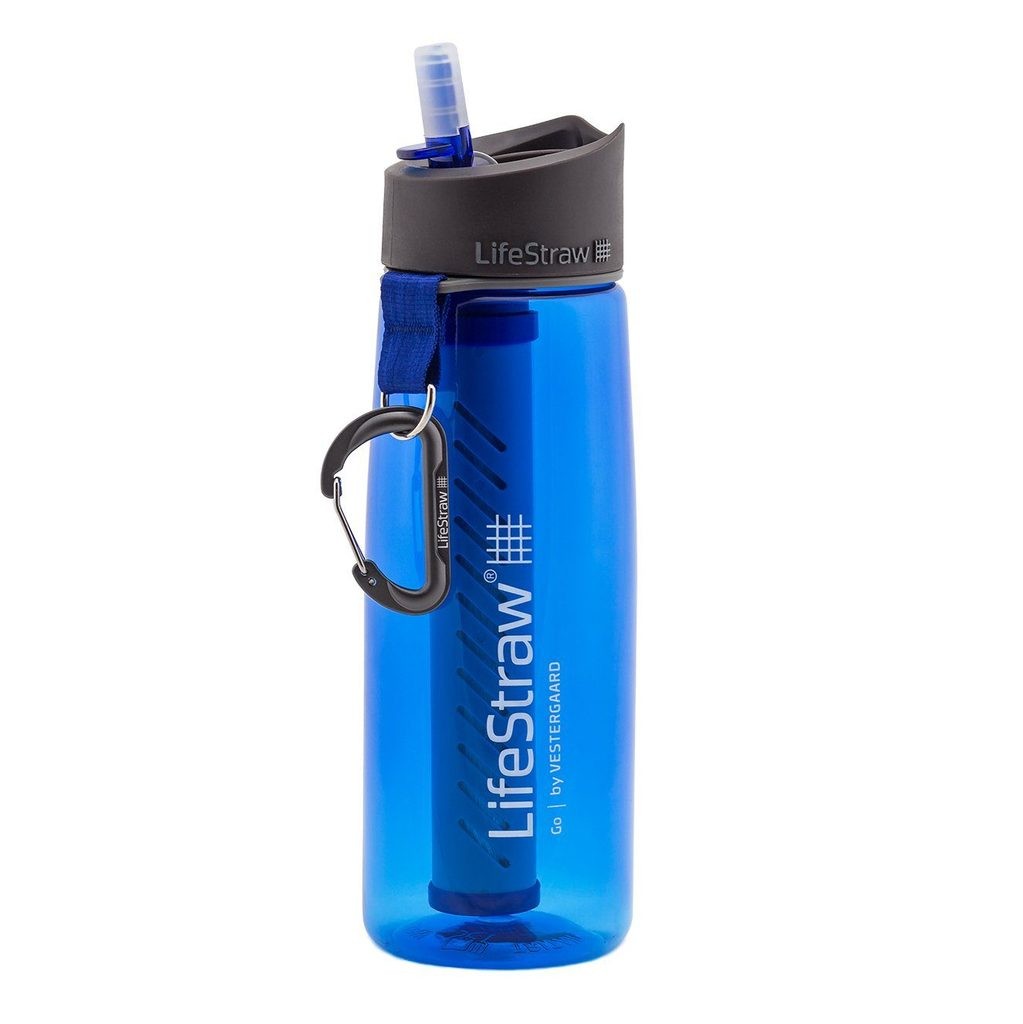
Investing in a high-quality water filtration system is the most effective way to ensure access to clean drinking water during your trek. Portable water filters or purifiers are lightweight, compact, and easy to use, making them ideal companions for trekkers. Look for products that are specifically designed to remove bacteria, protozoa, and other harmful contaminants commonly found in natural water sources.
Boil Water
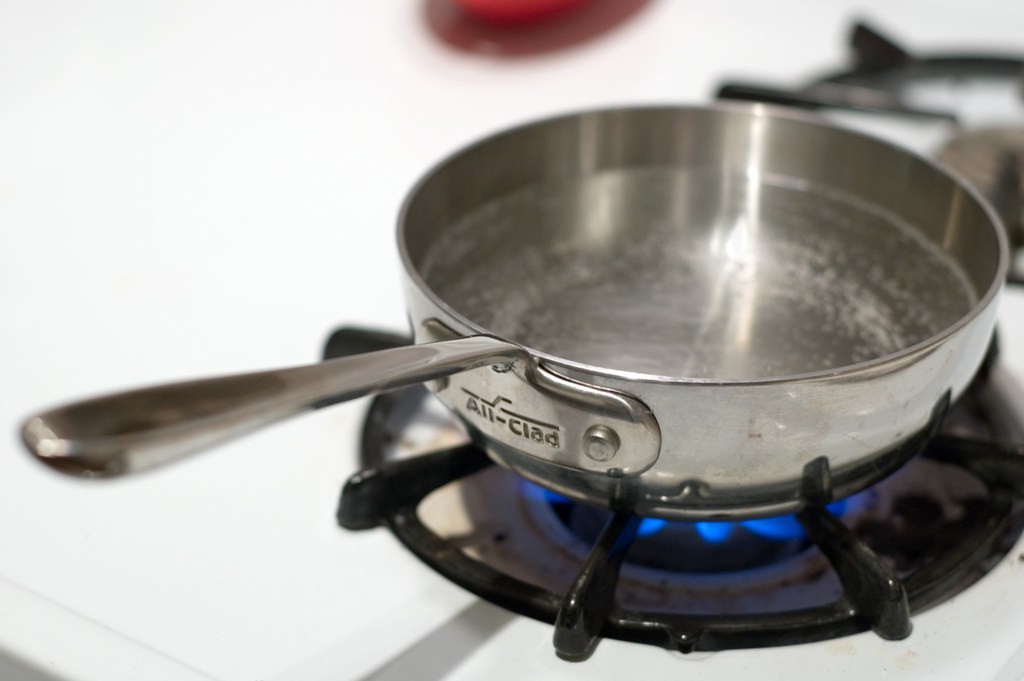
Boiling water is a traditional method of water purification that remains highly effective, even in remote trekking regions. If you have access to a stove or campfire, bring water to a rolling boil for at least one minute (or three minutes at higher altitudes) to kill off any harmful microorganisms. Allow the water to cool before consuming it. While boiling water requires time and fuel, it's a reliable method that guarantees safe drinking water.
Use Water Purification Tablets
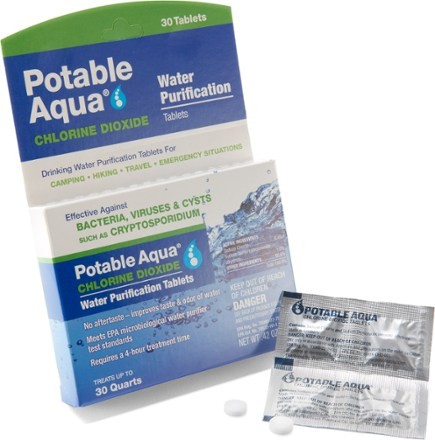
Water purification tablets are convenient and lightweight, making them a popular choice for trekkers seeking a hassle-free solution to water purification. These tablets typically contain chlorine dioxide or iodine, which effectively kill bacteria, viruses, and protozoa. Follow the manufacturer's instructions carefully when using purification tablets, and be sure to wait the recommended amount of time before drinking the treated water.
Opt for Bottled Water
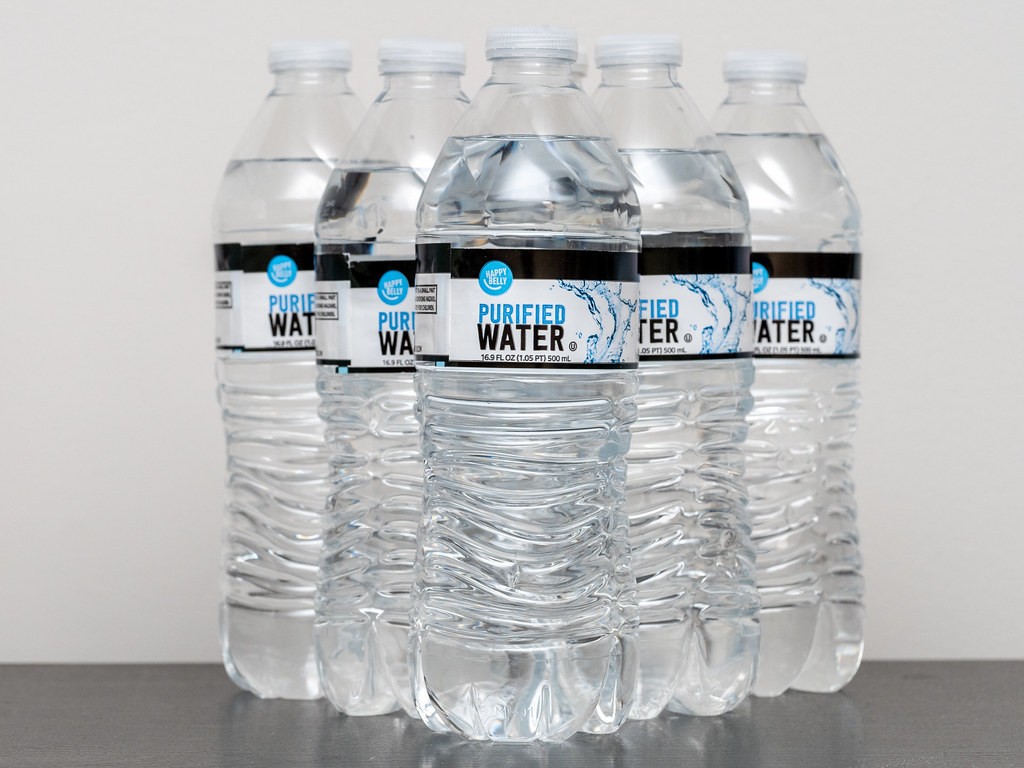
While bottled water may not always be readily available on remote trekking routes, it can be a convenient option in more populated areas or at teahouses along popular trails. However, be mindful of the environmental impact of single-use plastic bottles and consider refilling reusable containers whenever possible. Additionally, check the seal on bottled water to ensure it hasn't been tampered with, as counterfeit products are a concern in some regions.
Treat Water from Natural Sources
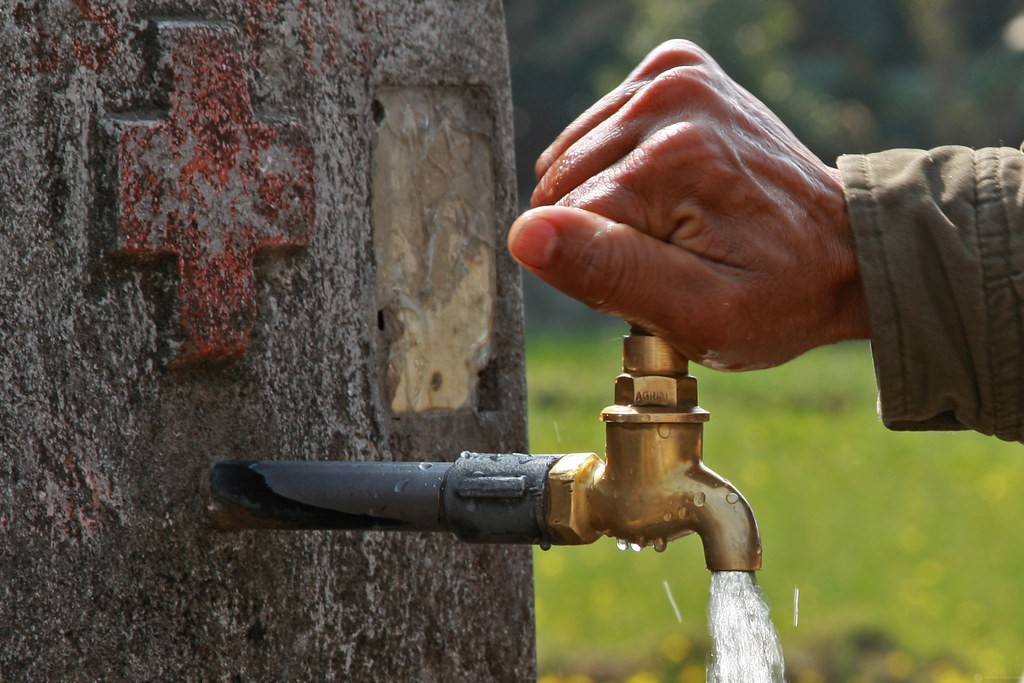
If you find yourself without access to filtration systems or purification methods, you can still make natural water sources safe for drinking with simple treatments. One method is to use a combination of filtration and purification by first passing the water through a cloth or bandana to remove sediment and then treating it with purification tablets or boiling. Alternatively, you can use a UV sterilization device, which effectively kills microorganisms using ultraviolet light.
Stay Hydrated

Regardless of the method you choose for purifying water, it's essential to prioritize hydration while trekking in Nepal. The high altitude, dry air, and physical exertion can lead to increased water loss through perspiration and respiration. Drink water regularly throughout the day, even if you don't feel thirsty, to prevent dehydration and maintain your energy levels.
As you trek through the pristine landscapes of Nepal, remember to respect the environment and minimize your impact on natural water sources. Avoid contaminating water bodies with soap, detergent, or waste, and always dispose of litter responsibly. By practicing Leave No Trace principles and preserving the integrity of the environment, you contribute to the sustainability of trekking destinations for future generations to enjoy.
In conclusion, staying hydrated with clean water is essential for a safe and enjoyable trekking experience in Nepal. By investing in a reliable water filtration system, utilizing purification methods, and practicing responsible environmental stewardship, you can ensure access to clean drinking water while minimizing your impact on the natural surroundings. So lace up your hiking boots, pack your gear, and embark on an unforgettable journey through the stunning landscapes of Nepal, knowing that you're prepared to stay hydrated and healthy every step of the way.

